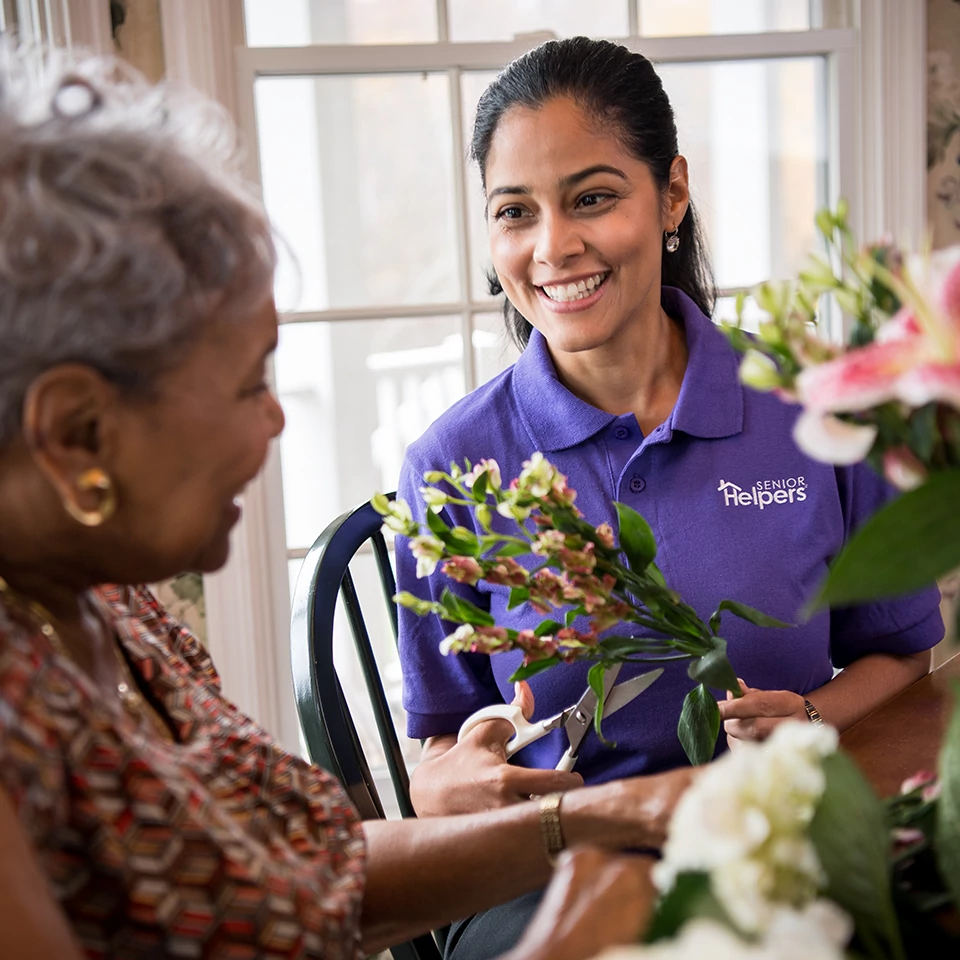As individuals age, they may face various challenges such as health issues, loneliness, and isolation. Providing care for the elderly involves more than just meeting their physical needs. It is crucial to recognize the importance of companionship in elderly care and the positive impact it can have on their overall well-being. Building meaningful connections with the elderly can improve their quality of life, mental health, and emotional state. In this article, we will explore the significance of companionship in elderly care and how building meaningful connections can make a difference in their lives.

The Benefits of Companionship in Elderly Care
Companionship plays a vital role in the well-being of elderly individuals. It provides them with emotional support, reduces feelings of loneliness and isolation, and improves their overall quality of life. Here are some key benefits of companionship in elderly care:
1. Emotional Support
- Having someone to talk to and share their feelings with can help elderly individuals cope with emotional challenges.
- Companionship can provide a sense of belonging and connection, which is essential for mental and emotional well-being.
2. Reduction of Loneliness and Isolation
- Loneliness and isolation are common issues among the elderly, which can have negative effects on their health.
- Regular interactions and companionship can help alleviate feelings of loneliness and provide a sense of community.
3. Improved Quality of Life
- Building meaningful connections and engaging in social activities can enhance the quality of life for elderly individuals.
- Companionship can bring joy, laughter, and a sense of purpose to their daily lives.
Building Meaningful Connections with the Elderly
Creating meaningful connections with the elderly requires time, effort, and genuine care. It is essential to approach each individual with respect, empathy, and a willingness to listen. Here are some strategies for building meaningful connections with the elderly:
1. Active Listening
- Take the time to listen to the elderly individual's stories, experiences, and emotions.
- Show empathy and understanding by acknowledging their feelings and validating their experiences.
2. Engaging in Activities Together
- Participate in activities that the elderly individual enjoys, such as playing games, listening to music, or taking a walk in the park.
- Engaging in shared activities can create happy memories and strengthen the bond between you and the elderly person.
3. Showing Respect and Dignity
- Treat the elderly individual with respect, dignity, and kindness at all times.
- Value their opinions, preferences, and autonomy to promote a sense of independence and self-worth.
The Role of Companionship in Elderly Caregiving
Companionship is an integral part of elderly caregiving that goes beyond the basic tasks of providing assistance with daily activities. It involves forming genuine connections with the elderly, understanding their needs, and offering emotional support. Here are some key aspects of the role of companionship in elderly caregiving:
1. Emotional Well-being
- Companionship can have a significant impact on the emotional well-being of elderly individuals by providing comfort, reassurance, and companionship.
- Building a supportive relationship with the elderly can help them feel valued, respected, and cared for.
2. Social Interaction
- Encouraging social interaction through companionship can help prevent feelings of loneliness and isolation among the elderly.
- Creating opportunities for the elderly to interact with others and engage in social activities can improve their social skills and mental health.
3. Mental Stimulation
- Engaging in stimulating conversations, games, and activities can help keep the elderly mentally active and alert.
- Companionship can provide cognitive stimulation and emotional fulfillment, which are essential for overall mental well-being.
Ultimately, the importance of companionship in elderly care cannot be overstated. Building meaningful connections with the elderly can have a profound impact on their well-being, happiness, and overall quality of life. By providing emotional support, reducing feelings of loneliness, and promoting social interaction, companionship plays a crucial role in enhancing the lives of elderly individuals.